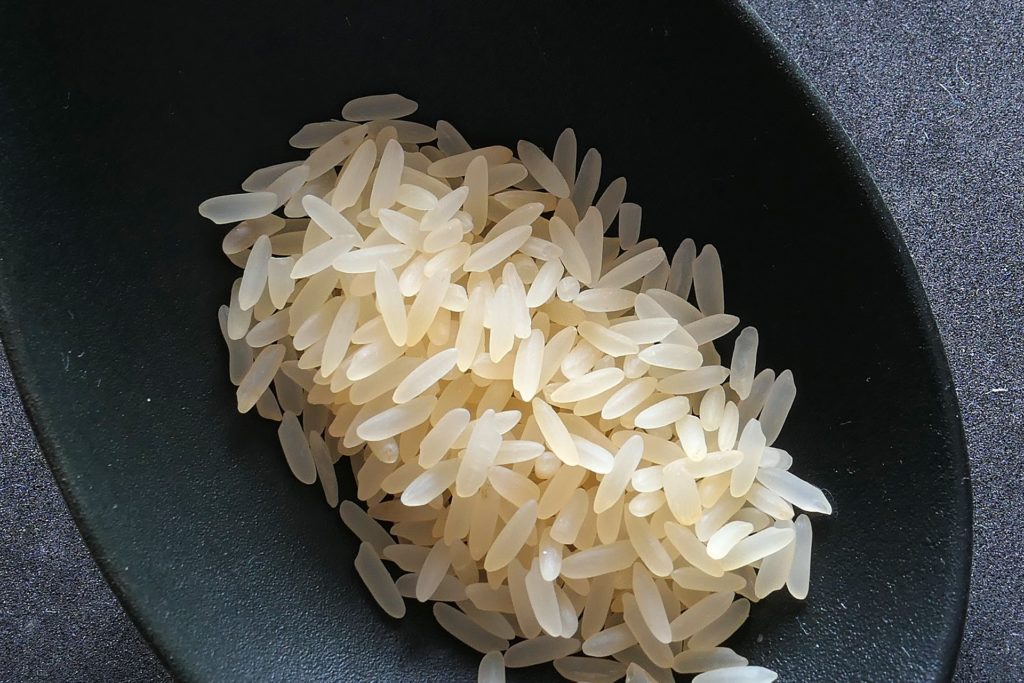It’s almost sacrilegious to tell the chinese people to stop eating rice.
What do you mean no rice? We have to eat rice, it’s an integral part of our culture.
A birth right.
But hear me out for a second. As the Chinese economic engine continues to steam ahead, for the vast majority of people, having enough to eat is no longer a daily concern. That’s an amazing achievement. One would have to go back a long way in chinese history to find a similar period of enormous prosperity, perhaps the Song or Tang dynasty. I’m just guessing here, nobody kept GDP numbers back then.
Improved socioeconomic conditions also led to some perhaps unintended consequences:
- More people living in cities, where most of the jobs are created. 1 in 3 Chinese lived in urban centers in the early 1980s. By 2012, it was 50/50. In 1015, it was 56%. The Chinese government wants to move 300 million more into megacities by 2025, raising the urban ratio to 70%.
- Explosive growth in car ownership. China surpassed the U.S. as the #1 country in vehicle sales in 2010 and hasn’t looked back since.
- Changes in diet. People are eating a lot more meat, dairy, and other calorie-dense foods. China’s average caloric intake has doubled in the last 50 years.
In short, more and more Chinese are living in cities, leading a more sedentary lifestyle while consuming far more calories.
Something has to give.
The result is not pretty:
- China now has the most cases of diabetes in the world (110 million and growing), with 10% of Chinese adults living with diabetes, and nearly half of all adults are prediabetic.
- 7% of children under 5 are overweight, with the number of overweight people under 20 more than doubled in 20 years. The rate of diabetes among Chinese teenagers is 4 times higher than their American counterparts.
It’s a major health crisis that’s only getting worse.
For centuries, rice has been a staple food, a source of cheap energy for the populace, most of whom were farmers that performed daily physical labor. Back then, being fat was a symbol of wealth, since only the rich could afford to eat plenty, and do little.
In today’s Chinese society, most people are enjoying a diet akin to the upper class of the past. The fact that eating is woven so deeply into the culture (try to find someone who is not a foodie in China) compounds the problem even further.
The solution is not easy, but there’s one simple way to start: a significant reduction in the consumption of empty calories that do not provide much nutritional value. Rice, especially white rice, should be on top of the list.
Rice is highly glycemic, places high stress on the body to produce sufficient insulin, especially when combined with protein (ie. meat), as in a typical Chinese meal.
Reducing or better yet, eliminating rice from the diet quickly removes one of the main triggers of insulin spikes, while reducing overall calorie intake.
Is this easy to do? No, it is not. Truth to be told, many Chinese dishes, especially of the more salty & oily variety, were meant to be enjoyed with rice to balance out the flavor. However, some perspective is needed here. For the overall health benefits, there will have to be sacrifices made somewhere. Would you rather eat less rice or less meat?
I suggest eating rice as a treat, along the same lines as ice cream, or white bread. To be enjoyed on occasion for the taste, but certainly not on a daily basis.
Radical thinking? Perhaps. I personally know many Chinese people who have taken the plunge, made the transition to be rice-free (or nearly free), and are now reaping the benefits of being slimmer and healthier. Many of them told me that once they made up their mind, the process wasn’t nearly as difficult as originally thought.
More importantly, this switch is often the catalyst towards a healthier lifestyle overall. In other words, this is by no means an end to the problem, but a meaningful start.
Don’t take my word for it. Try it for yourself, if you haven’t already done so. Go rice free for a week. And see how you feel.

